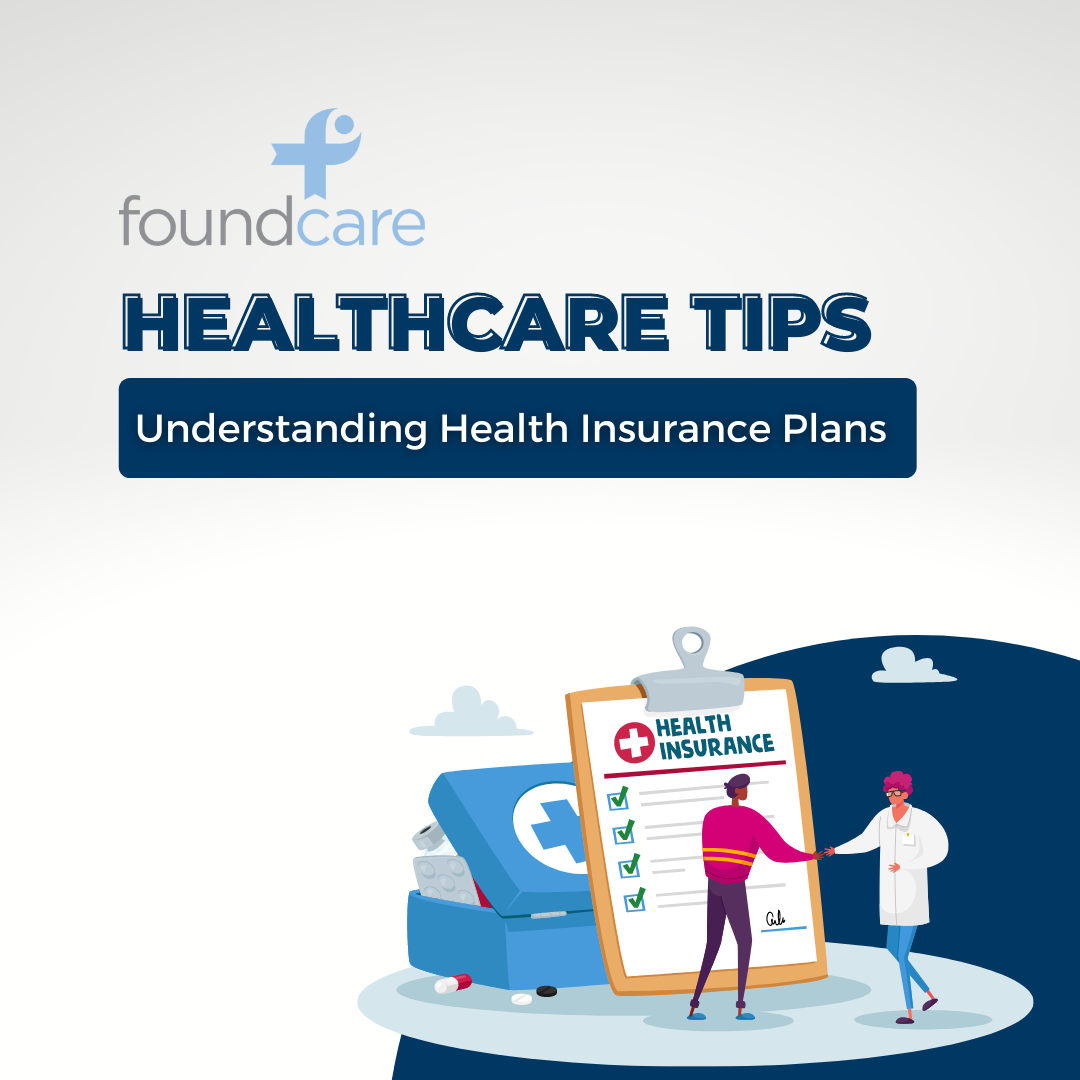Finding the right health plan that works for you is easy when you understand how each plan works. In this week’s blog post, we go over different types of health insurance plans to help you understand the coverage you currently have or the coverage you should look into. If you need a refresher on the health insurance terminology included in this article, check out Healthcare Tips: Health Insurance Terms You Should Know. The information included below is a general description of different health plans. It is important to note that the plans listed can vary widely between insurance carriers and the plan you purchase on your own. Before choosing any health plan, you should review the details of coverage thoroughly.
High Deductible Health Plan (HDHP): HDHP is a health insurance plan with lower premiums and higher deductibles. An HDHP can potentially save you money by lowering your premiums. These plans are especially useful for younger people or people who do not need a lot of medical care. However, an HDHP can be an expensive choice if you have an unplanned emergency with costly medical expenses.
Health Savings Account (HSA): Only available to individuals with an HDHP plan.
An HSA is an account you can use to save money to pay for medical expenses, tax-free, as long as you have a High Deductible Health Plan (HDHP). Unused HSA funds remain in your account until you need them and can be accessed for non-medical purposes without penalty after you reach the age of 65 (subject to income tax). However, if you need to withdraw from your HSA early for non-medical purposes, you may be subject to a tax penalty.
Flexible Spending Account (FSA): Only available to employees who work for companies that offer an FSA plan. You do not have to have health insurance to be eligible for an FSA. Employees with a Health Savings Account (HSA) should not enroll in an FSA.
If you have a health plan through your job, you can put tax-free money into a Flexible Spending Account (FSA) to pay for copayments, deductibles, some drugs, and certain out-of-pocket health care costs like dental and vision care. Generally, you must use the money in an FSA within the plan year, or you lose it. It is important to plan carefully and not put more money in your FSA than you think you will spend within a year. You can use your FSA for your medical expenses, expenses from your spouse, or any dependents you claim on your taxes.
Health Maintenance Organization (HMO) Plan: An HMO plan generally only covers care received from the plans contracted providers, known as in-network providers. HMO plans require you to stay within their network for care unless it is a medical emergency. You will also be required to assign a PCP (primary care provider) to coordinate your care. If you need to see a specialist, a PCP must refer you. If you need a lower premium and do not anticipate many doctor visits, an HMO plan is an affordable choice.
Preferred Provider Organization (PPO): A PPO plan can be a better choice compared to an HMO plan if you need flexibility in the healthcare providers and specialists you see. You can usually visit specialists without a referral from a PCP, including out-of-network specialists, for an additional cost. PPO plans typically have higher monthly premiums and out-of-pocket costs than HMO plans but allow you to manage your care without a PCP. You pay less if you use providers in the plan's network.
Exclusive Provider Organization (EPO): An EPO plan only covers services from doctors, specialists, or hospitals in the plan's network (except in an emergency). Networks are generally larger in an EPO plan than in an HMO plan. Typically, you do not need a PCP referral to see a specialist, but the specialist has to be in-network to be covered.
Point of Service (POS): A POS plan is a hybrid between a PPO and HMO plan because it allows you the flexibility to choose between in-network and out-of-network providers. However, you still pay more for out-of-network providers than in-network. Like an HMO plan, a POS plan requires you to choose an in-network PCP. If you need to see specialists or get any other care, your PCP will have to coordinate it.













